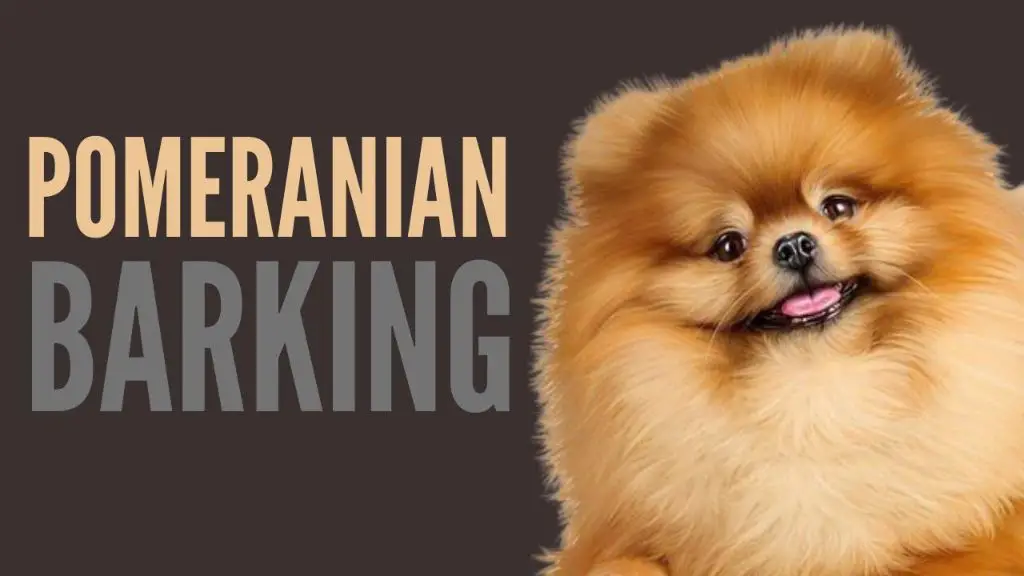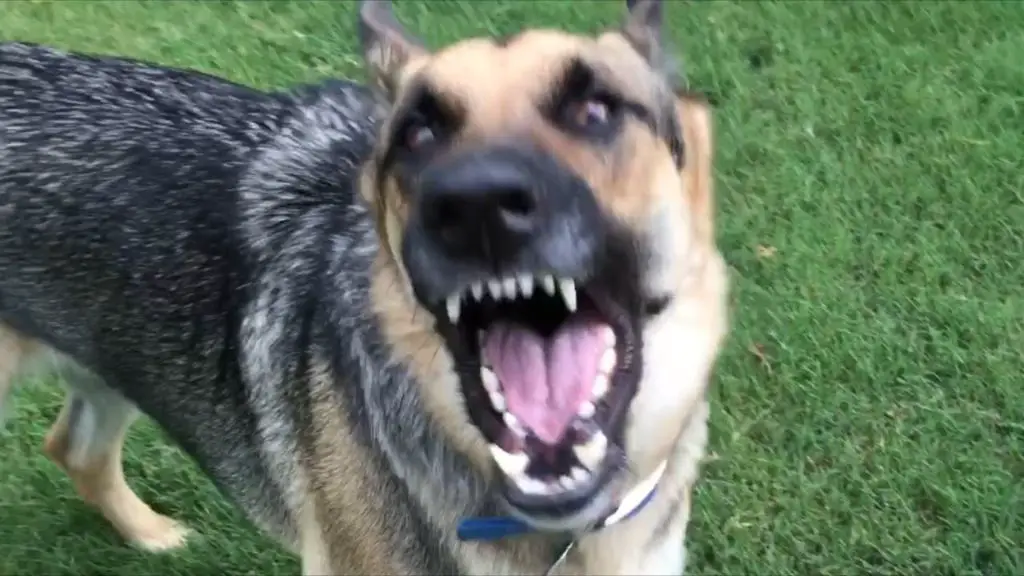Introduction
Barking is a natural form of communication and expression for dogs. However, excessive or persistent barking can become a significant noise nuisance and negatively impact the welfare of dogs and humans alike. Understanding which breeds tend to be the loudest barkers can help potential dog owners make informed choices and better manage barking behavior. Additionally, knowing the loudest dog breeds allows veterinarians, trainers, shelter workers, and kennel owners to take steps to reduce noise levels and improve the wellbeing of the dogs in their care.
This article will rank the top 10 loudest barking dog breeds based on surveys, scientific research, and firsthand experiences with these vocal pups. We’ll explore the reasons certain breeds are prone to more frequent, loud barking and provide actionable tips to control excessive barking.
10. Beagle
The Beagle breed originated in England in the 1500s as scent hounds for hunting rabbits and other small game. Their loud, baying bark allows hunters to follow them through brush and thickets.
Beagles have an average barking level of 60-65 decibels, which is moderately loud. However, when picked up by their strong scent nose, their barks can reach 80 decibels or higher. This is because Beagles were bred to produce loud, vocal sounds to alert hunters during a chase. Their multi-tonal and melodious bays carry over long distances.

Beagles bark for many reasons. As scent hounds, they tend to bark when they pick up an interesting smell during walks or in the yard. They also bark when playing, greeting people, sensing strangers, or when left alone too long. Their natural inclination to bark while tracking scents can be a nuisance in households.
Sources:
https://www.cuteness.com/blog/content/decibel-level-of-a-barking-dog
9. Yorkshire Terrier
Yorkshire Terriers, often called “Yorkies” for short, originated in Yorkshire, England during the 19th century. They were originally bred to hunt rats in clothing mills. Yorkies are one of the most popular small dog breeds today (Source 1).
Yorkies are notorious for their frequent, high-pitched barking. Their barks can reach 80-90 decibels, which is quite loud for a small dog (Source 2). Some owners report their Yorkie’s barks exceeding 100 decibels.
Yorkies tend to bark at everything they see or hear outside. They may bark when they hear loud cars, people walking by, other dogs barking, or even wind chimes. Their sensitive hearing paired with a big personality is why Yorkies bark so much.
8. Chihuahua
Chihuahuas are one of the smallest breeds of dogs and are native to Mexico. They have a long history dating back to ancient civilizations like the Toltecs, and Chihuahua-like dogs appear in artifacts from Mexico dating back to 300 BC. Some believe the Aztecs bred the dogs for certain rituals and sacrifices to their gods. They were later brought to Europe by Spanish travelers around the 1500s and 1700s.
Chihuahuas are known for their loud, high-pitched bark that can reach decibel levels of 90 – 100dB, which can sound unpleasant and alarming to humans. Such high barking levels are due to their small size, short muzzle structure, and tendency to feel threatened, causing them to bark excessively [1]. This has earned them a reputation for being yappy, noisy dogs.
Some common reasons Chihuahuas bark are if they feel their territory or family is threatened, when excited or seeking attention, when lonely or anxious, or just to hear the sound of their own voice. They may also bark at strangers, other dogs or animals, or even seemingly benign stimuli like sounds or lights. Their barking habits can be managed through proper training and care.
7. Dachshund
The Dachshund originated in Germany hundreds of years ago as a hunting dog bred to track badgers and other tunneling animals (1). They are known for their elongated bodies, short legs, and tenacious personalities. Although small, Dachshunds are famous for their loud, deep barks that belies their petite sizes.
According to experts, Dachshunds can produce barks up to 110 decibels (2). For reference, that’s only slightly quieter than a rock concert. Their loud barking is partly due to their origins as hunting dogs who needed to alert hunters. They also bark persistently when left alone, which compounds the noise for owners.
Reasons for their noisy barking include aggression or fear of strangers, separation anxiety when left alone, boredom from inadequate exercise or stimulation, and excitement/greeting when owners come home (3)
Sources:
(1)https://www.reddit.com/r/Dachshund/comments/16vk1rq/barking_decibel_warning/
(2)https://www.ballarat.vic.gov.au/sites/default/files/2021-04/Barking%20Dogs_Fact%20Sheet.pdf
(3)https://www.cuteness.com/blog/content/decibel-level-of-a-barking-dog
6. Pomeranian
The Pomeranian originated as a larger sled dog breed in the Pomerania region in the 1800s. Through selective breeding, the Pomeranian was later downsized into a toy dog breed. [1] Today’s Pomeranians typically weigh between 3-7 pounds.
Pomeranians have a loud, high-pitched bark that can reach 80-90 decibels. [2] Their small size produces a big bark that’s much louder than expected. Pomeranians are alert and often vocal, barking frequently at noises and events around them.

Reasons for their loud, frequent barking include alerting owners, expressing excitement or anxiety, defending their territory, and demanding attention. Without proper training, Pomeranians may develop nuisance barking habits. Their shrill, piercing barks can be a disturbance to neighbors in close quarters.
5. Siberian Husky
The Siberian Husky originated in Northeastern Siberia as an endurance sled dog. Huskies were brought to Alaska in 1908 for sled dog racing, and the breed quickly grew popular as family pets due to their striking looks and friendly temperament. However, their strong work ethic and pack mentality means they can be challenging for inexperienced owners.
Siberian Huskies have loud, rather obnoxious barking that can reach 80-100 decibels. Their piercing howls and bays are infamous, often heard for miles. Huskies bark and howl to communicate with their pack, express boredom, or alert their owners. They are very vocal dogs by nature. Since Huskies have strong instincts to roam and explore their territory, they will frequently bark when confined or left alone. Early socialization and training is essential to curb excessive vocalization.
Huskies should not be left alone for long periods, as their barking and howling can create major noise complaints from neighbors. Potential owners must be prepared to provide Siberian Huskies with adequate mental stimulation, exercise, and attention to keep their barking under control.
4. German Shepherd
The German Shepherd descends from herding dogs in Germany and was first bred in the late 19th century as an “ideal working dog” that could herd sheep and protect them from predators (Why Are German Shepherds So Vocal). This breed rose to popularity after World War I thanks to its intelligence, trainability, and loyalty. German Shepherds are known for barking often and loudly, with some individuals capable of barking at over 100 decibels.
According to tests, some German Shepherds can make sounds as loud as 106 decibels, comparable to the volume of a jackhammer or chainsaw (Why Are German Shepherds So Vocal). Their vocalizations include more than just barking – they whine, howl, and make many other noises as well. German Shepherds tend to bark for alerting, attention-seeking, and territorial reasons. Their guarding instincts make them prone to barking persistently at any potential intruder or threat. Their high energy and focus on their owners also lead them to vocalize when excited or anxious. With training and plenty of activity, German Shepherds can learn when barking is appropriate and when they should remain quiet.

3. Rottweiler
The Rottweiler is a large, powerful breed that originated as a herding dog in Germany. According to the American Kennel Club, Rottweilers likely descended from Roman drover dogs that accompanied the Romans when they traveled to Germany in A.D. 74. The breed worked as cattle dogs for butchers and cattlemen in the town of Rottweil, Germany, which is how they got their name.
Rottweilers are known for having deep, loud barks with barking levels that can exceed 100 decibels according to this article. Their loud, intimidating bark serves as a guarding instinct to alert owners of potential threats. Rottweilers will bark when they sense something is amiss in their environment. They may also bark when greeting people due to excitement.
Rottweilers have a natural instinct to protect their territory and owners. According to the AKC, they are inclined to be reserved with strangers and other animals. Their loud bark helps ward off intruders, but also needs to be controlled to avoid nuisance barking.
2. Miniature Schnauzer
The Miniature Schnauzer originated in Germany in the mid-to-late 19th century as a smaller version of the Standard Schnauzer. They were bred to be ratters, guard dogs, and all-around farm dogs. Despite their small stature, Miniature Schnauzers are known for having loud, high-pitched barks and being vocal dogs.
Miniature Schnauzers are consistently ranked among the top 10 loudest dog breeds. Their typical barking levels can reach up to 80 decibels, which is equivalent to the noise level of a garbage disposal or blender. Their shrill, piercing barks carry and can be grating, especially when the barking becomes excessive.
Miniature Schnauzers are prone to frequent barking for a variety of reasons. They have a natural inclination to guard and alert. As terrier breeds, they are feisty and excitable. Mini Schnauzers will bark to warn of intruders, react to noises, or when playing or wanting attention. Without proper training, their barking tendencies can be difficult to manage.
